Matilda: A Royal Mess of Historical Inaccuracy
This film is an absurd, nonsensical take on the alleged romance between Nicholas II and the ballerina Mathilde Kschessinska, bearing little to no resemblance to actual historical events.
Set in 1890s Russia, the story follows Tsarevich Nicholas (Lars Eidinger), who is expected to marry Princess Alix of Hesse-Darmstadt (Luisa Wolfram). However, he becomes infatuated with Mathilde Kschessinska (Michalina Olszanska), a ballerina at the Mariinsky Theatre. Their affair lasts for several years, forcing Nicholas to choose between Alix and Mathilde.
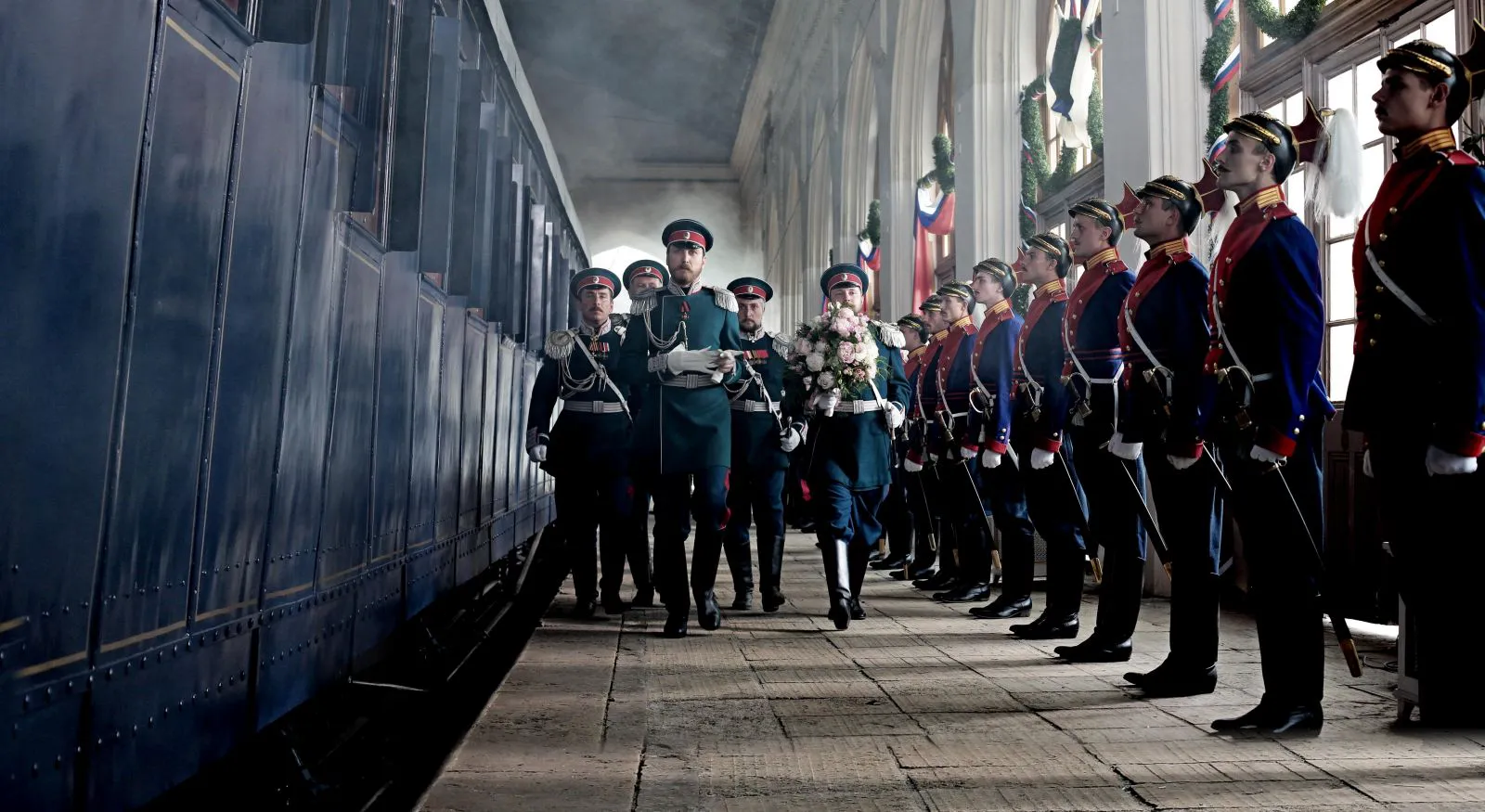
A Missed Opportunity for Historical Accuracy
It wouldn’t have been difficult to create a coherent and historically accurate film about Nicholas and Mathilde’s relationship. By drawing on Kschessinska’s memoirs and incorporating Marius Petipa’s observation that a true ballerina must experience both love and suffering, a compelling narrative could have emerged. The story of a young dancer caught in a tragic romance, gaining emotional depth for her art, would be both insightful and relevant. In an era where relationships often end in heartbreak, such a film could remind audiences that even painful experiences can offer valuable lessons.
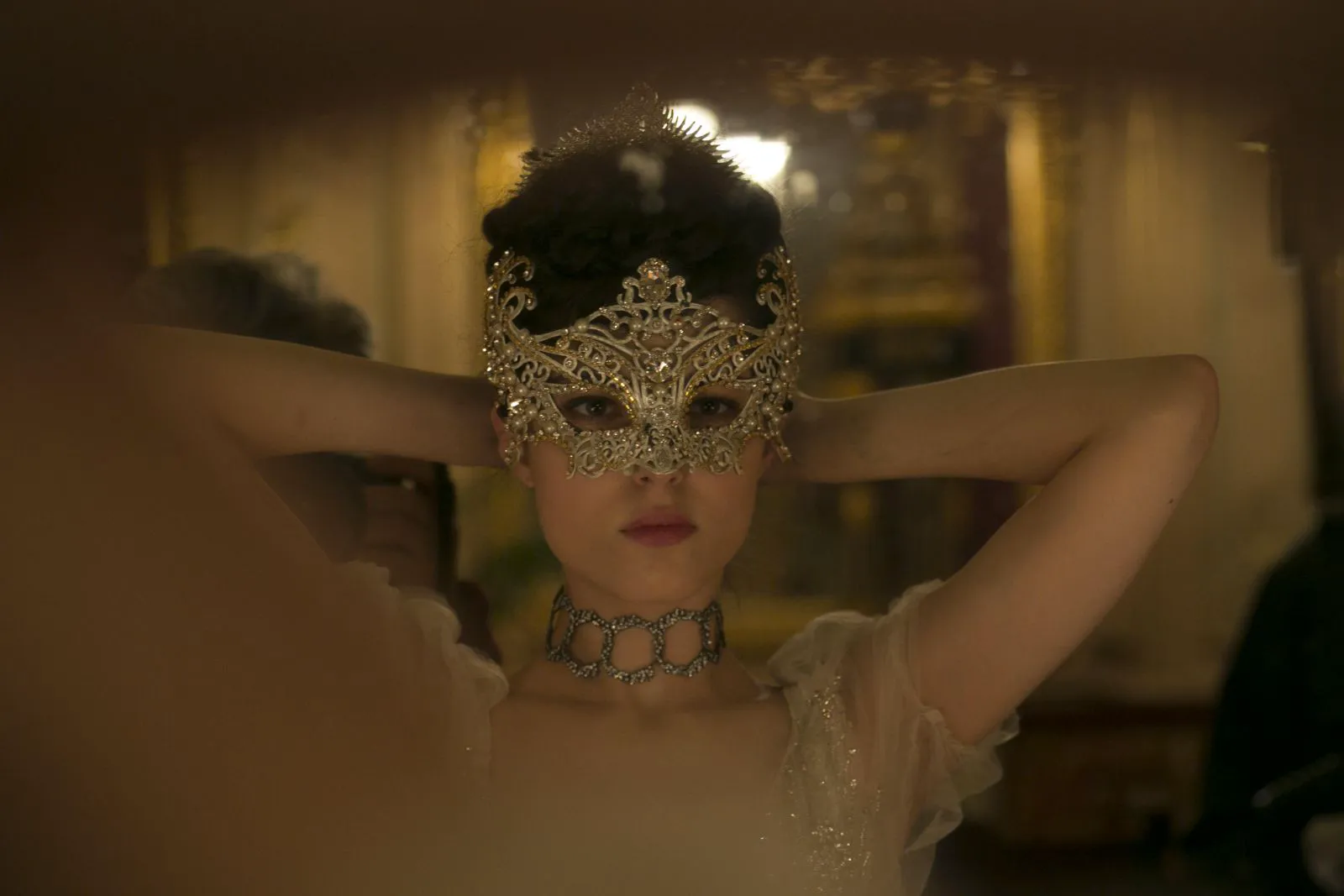
Fun Fact: Kiera Knightley was initially considered for the role of Mathilde Kschessinska but declined due to her pregnancy.
Historical Revisionism and Absurd Plot Twists
Director Alexei Uchitel seems uninterested in historical accuracy or the realities of Kschessinska’s ballet career. Petipa is nowhere to be found in the film! “Matilda” disregards the ballerina’s memoirs and other authentic accounts, often directly contradicting them. From their first meeting to their eventual separation, the film deviates from reality, often presenting a distorted version of events.
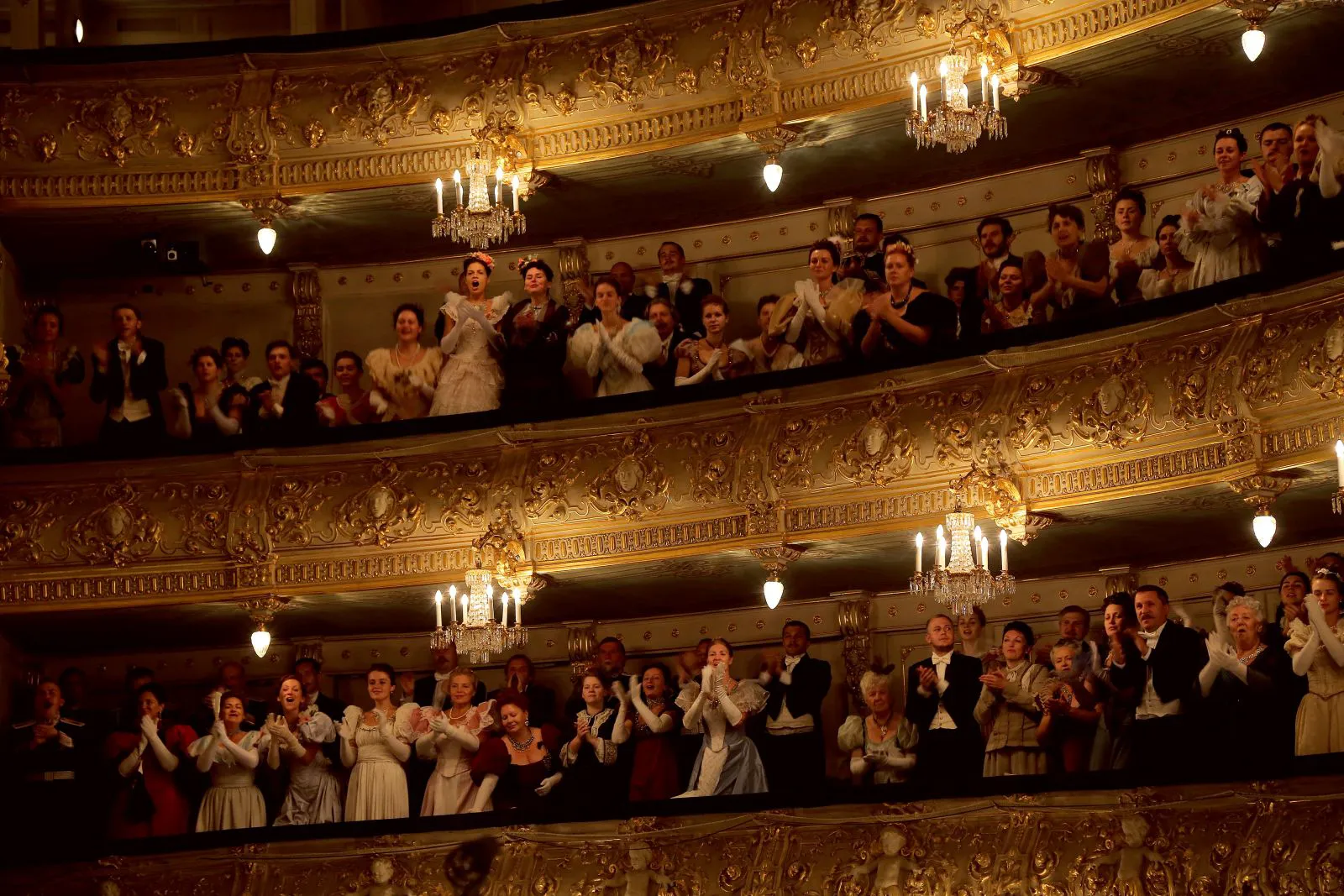
For instance, the film depicts Alexander III “introducing” Nicholas to Kschessinska by showing him a photograph on a train. In reality, Kschessinska’s memoirs state that the Tsar introduced them in person at a formal dinner at the Theatre School. While the latter scene is more impactful and cinematic, Uchitel and screenwriter Alexander Terekhov inexplicably opt for a dull, fabricated version.
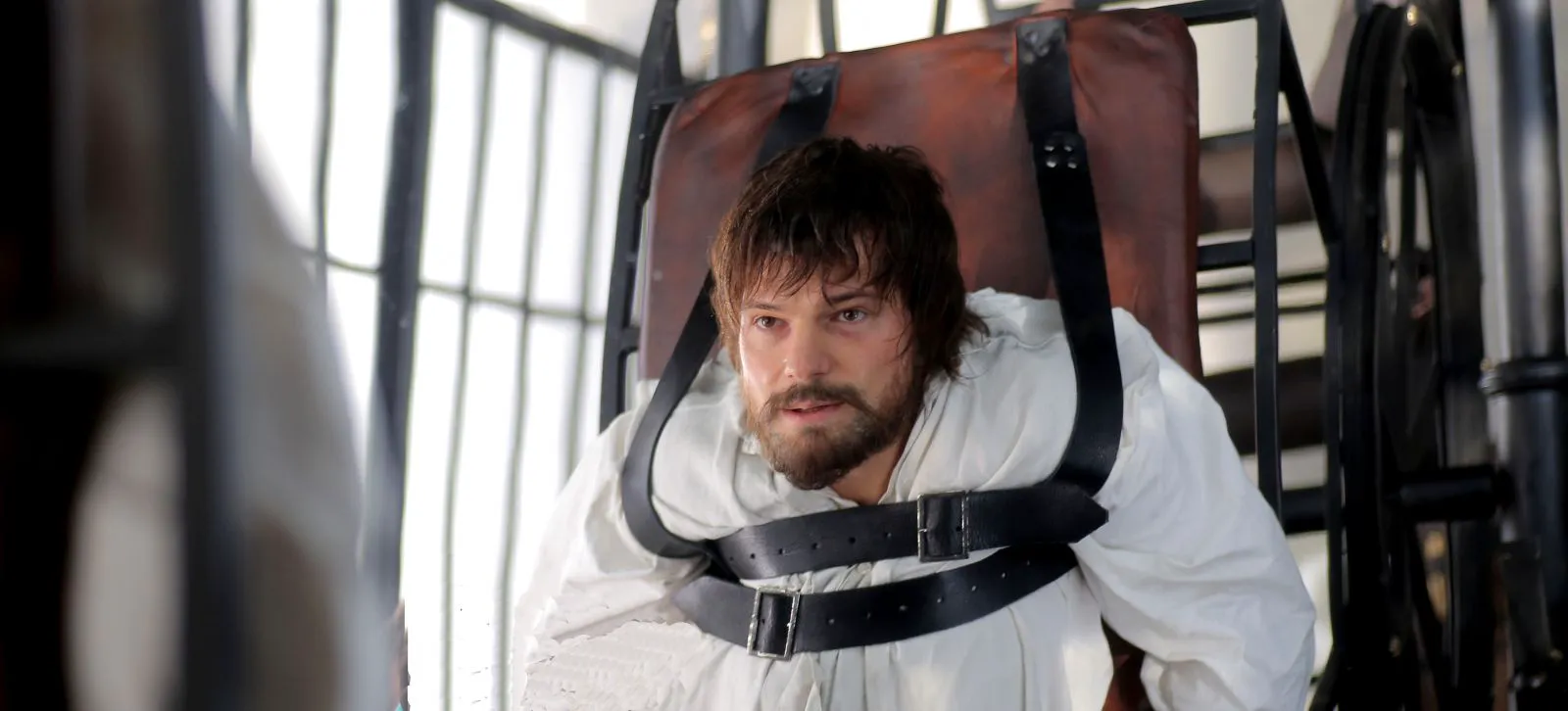
Trivia: Danila Kozlovsky was initially cast as Tsarevich Nicholas, but Lars Eidinger’s resemblance to portraits of Nicholas II led to the role being reassigned. Kozlovsky was then given the role of Kschessinska’s fictional admirer.
The film’s fabrications are not just dull; they are often aggressively anti-historical and even absurd. “Matilda” features a mad German scientist conducting inhumane experiments on prisoners with Nicholas’s knowledge. One of these prisoners is Danila Kozlovsky’s character, a Russian officer driven mad by his love for Mathilde, who attempts to assassinate the heir at the beginning of the film. The scenes with Vorontsov are so over-the-top that one might expect Kozlovsky to transform into a supervillain. Unfortunately, the film settles for portraying Vorontsov as a generic madman, adding nothing to the plot except unintentional humor.
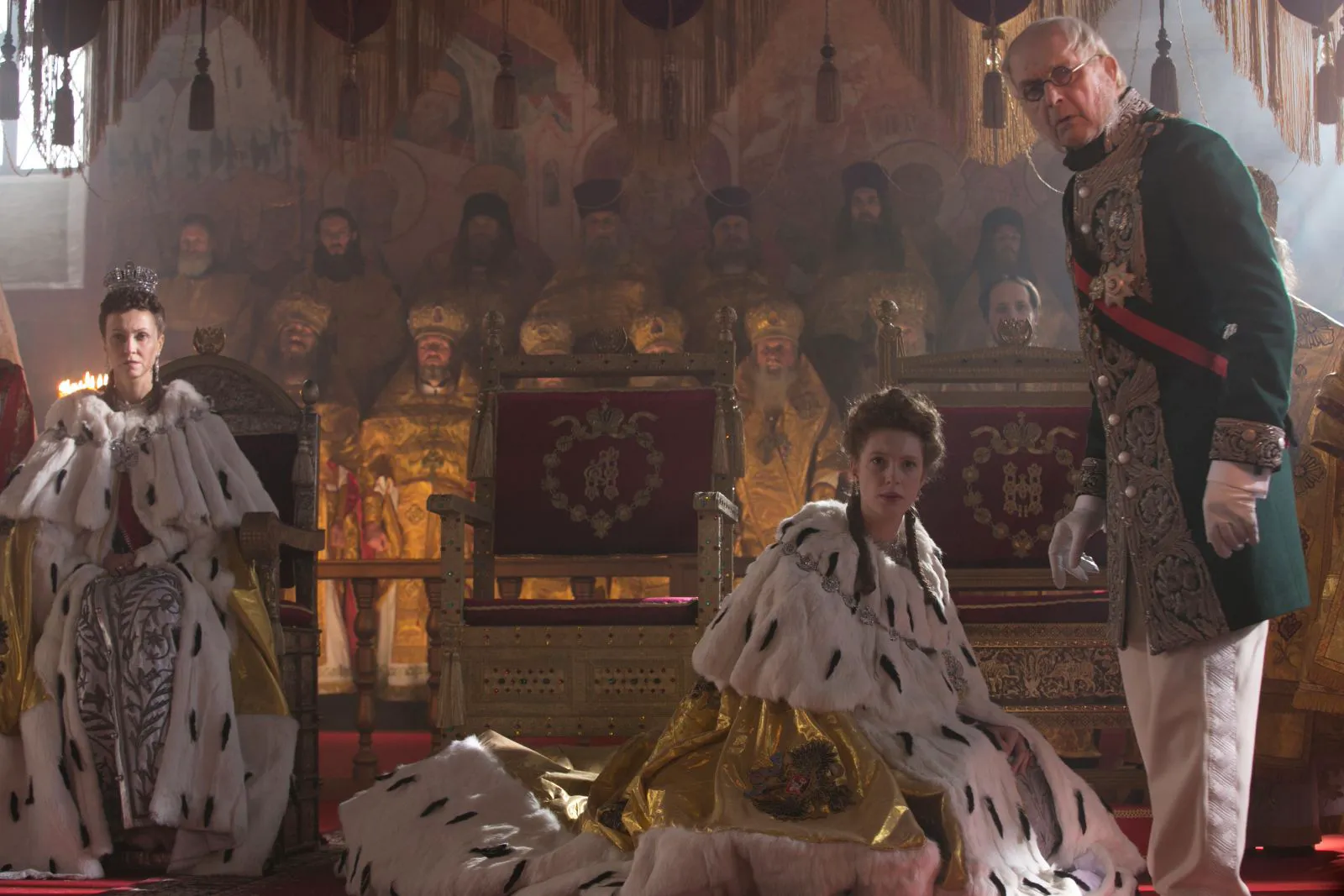
A Comedy of Errors for History Buffs
Anyone with a basic knowledge of Russian history and courtly customs will find themselves constantly laughing and facepalming. The film is not recommended for historians with weak hearts. Those who value logical plots and skillful dialogue should also avoid “Matilda,” as its convoluted storylines and awkward dialogue are simply depressing.
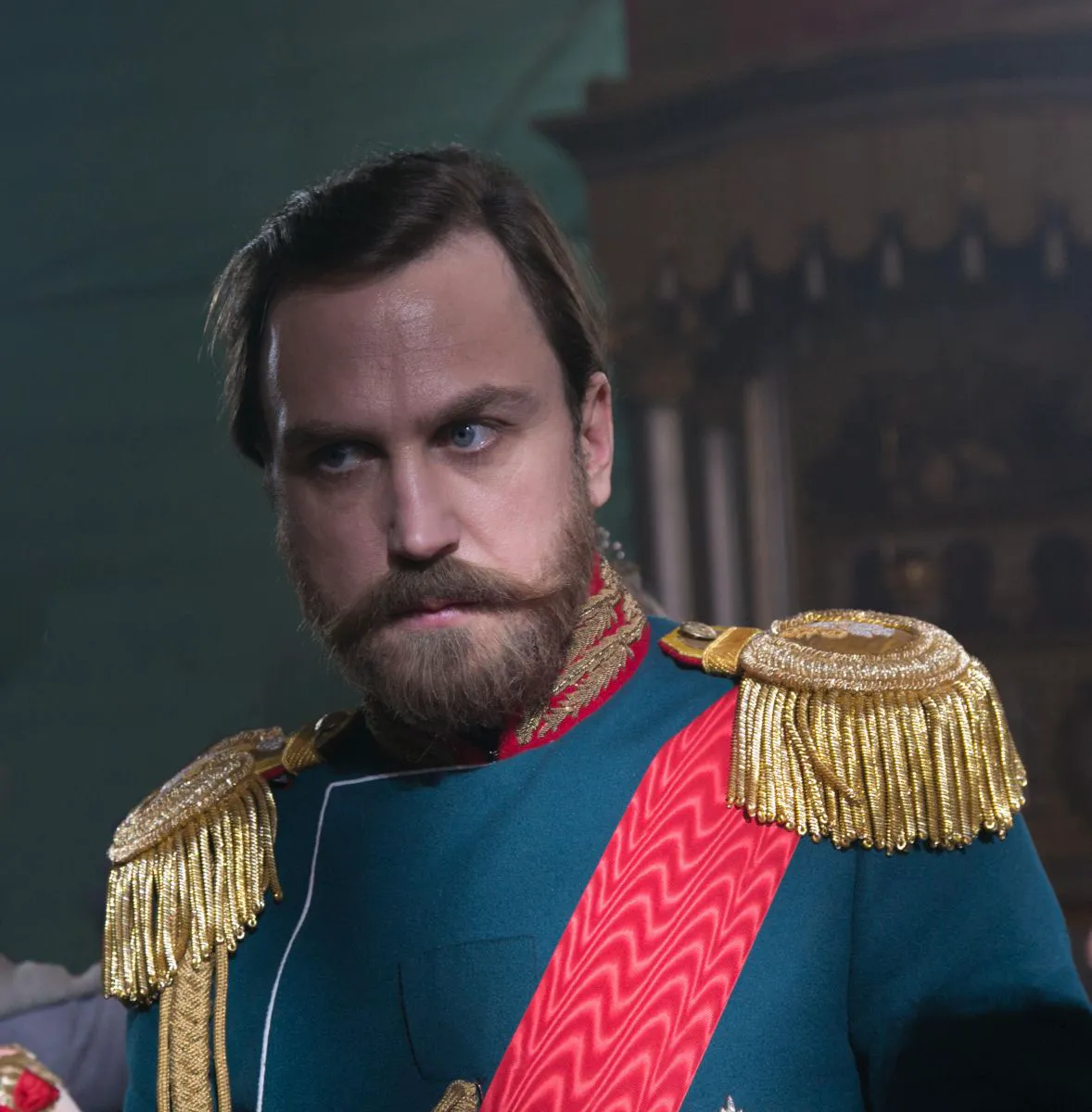
Romance? Not Really.
Despite being a central theme, the romantic aspect of “Matilda” falls flat. The film asserts the love between Nicholas and Mathilde but fails to convince the audience that it exists. There is no passion on screen, and Lars Eidinger’s portrayal of Nicholas comes across as a bloated, middle-aged man. While he resembles the Tsar’s portraits, he embodies Nicholas the ruler, not Nicholas the heir. The Tsarevich was 22 when he met the 18-year-old Kschessinska, and the characters should have resembled Romeo and Juliet, not a sugar daddy and his secretary. Eidinger lacks any romantic appeal, which is crucial since Mathilde was supposedly captivated by the Tsarevich’s fairytale-like charm.
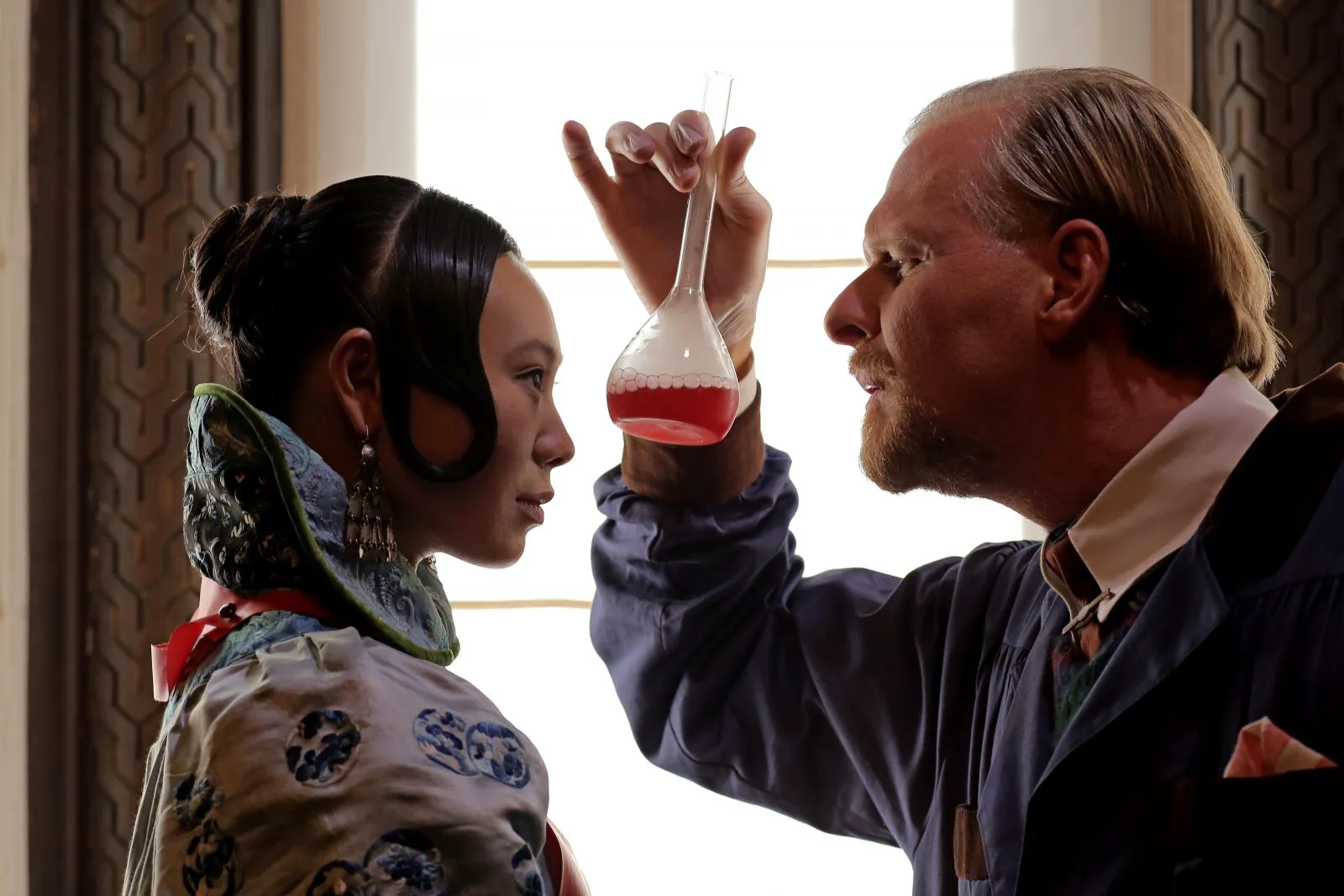
Unfair Portrayals and Miscasting
Amidst the political controversy surrounding “Matilda,” the film’s portrayal of Princess Alix—also a canonized saint—as a manipulative villain has been overlooked. This depiction is historically inaccurate and unfair to the future Empress, who is portrayed as pathetic and unregal.
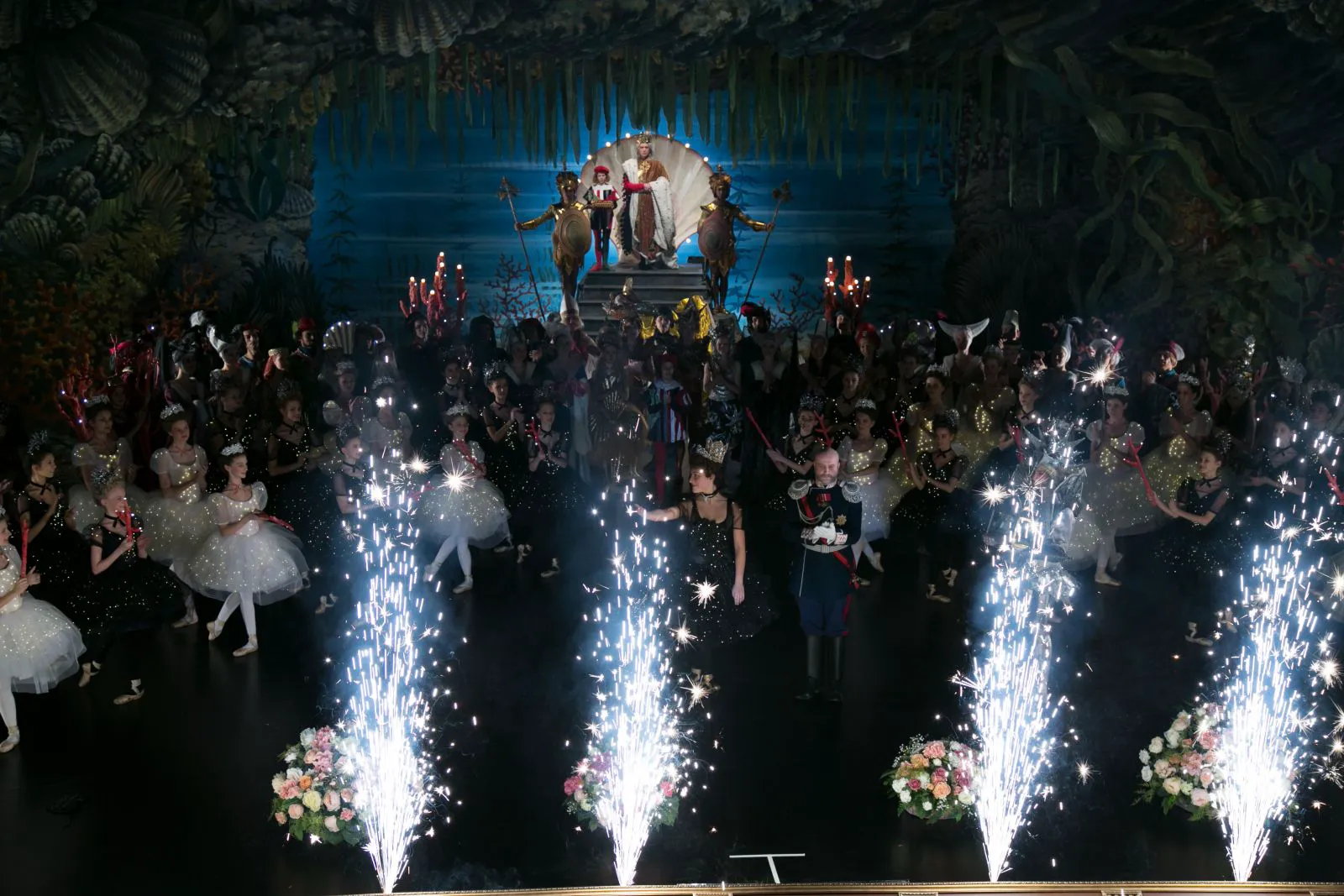
Other issues include Sergey Garmash’s unconvincing portrayal of Alexander III, a man known for his immense strength. In a scene where the Tsar holds up the roof of a train car to save his family, Garmash’s performance is simply not believable. This is a clear case of miscasting, despite Garmash’s talent.
A Bizarre Historical “What If”
Ultimately, “Matilda” seems to suggest that if Nicholas had married for love (i.e., Kschessinska), Russia’s fate would have been different. The film implies that the Khodynka Tragedy was divine retribution for the Tsarevich choosing a German princess over a Polish ballerina. This is an extreme and offensive oversimplification.